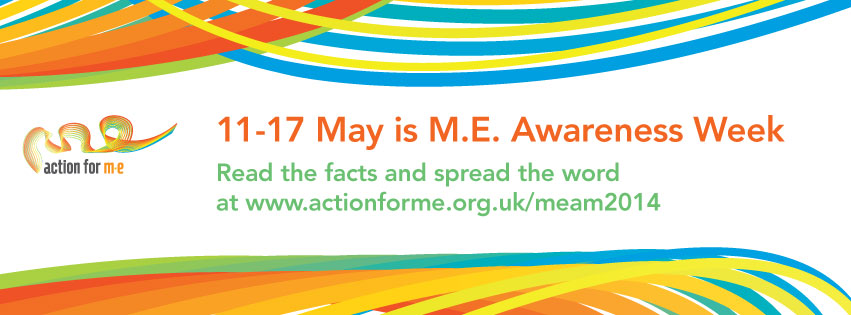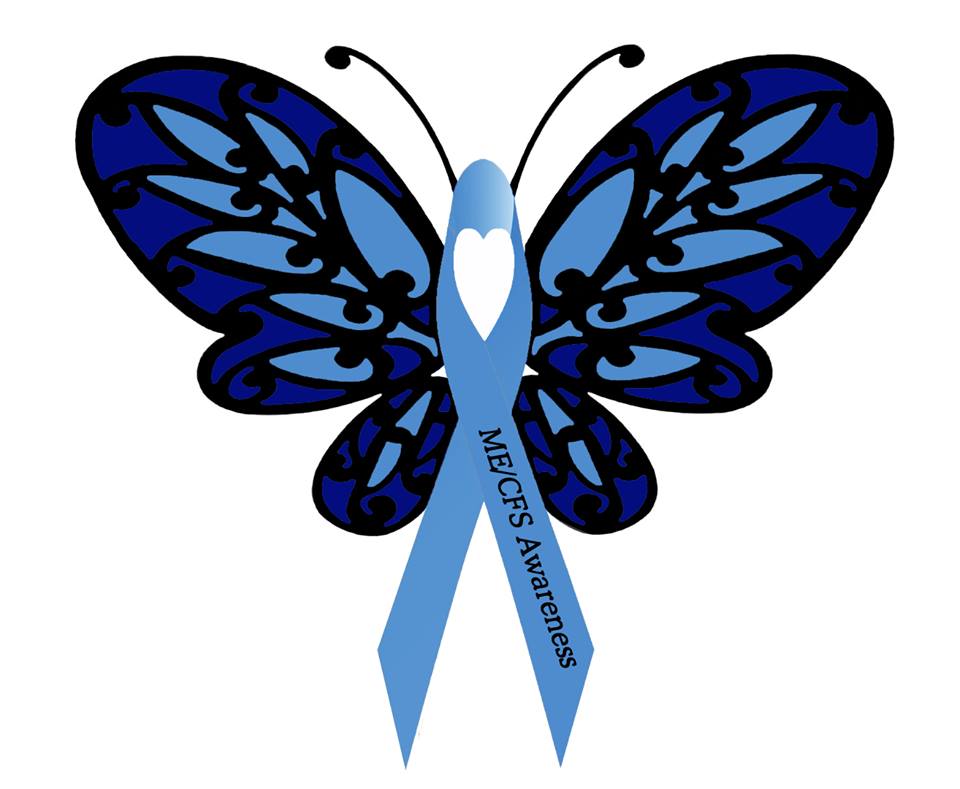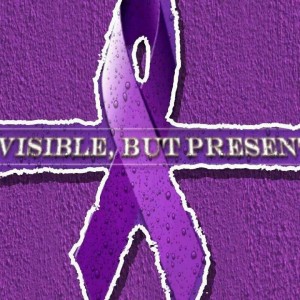
ME awareness week
Many of us around my age can remember the term “yuppie flu” from the eighties. In fact for many of us this was the first time many of us came across the medical condition ME or Myalgic Encephalomyelitis. Also called CFS or Chronic fatigue Syndrome. It also is a common partner of fibromyalgia.
This week is dedicated to raising our awareness of ME and the excellent work conducted by Action for M.E.
They have produced the brilliant graphic above which we would love if you could like and share to show your support for the week and the need to spread CFS awareness.
On their excellent web site’s (and you can’t say that about many medical sites) media center they have written this great introduction to M.E. which we have reproduced. The links are to their site so we can recommend them.
10 key facts
1. M.E. (Myalgic Encephalomyelitis) is a chronic fluctuating illness, also known as Chronic Fatigue Syndrome (CFS or CFS/ME). It is sometimes diagnosed as Post-Viral Fatigue Syndrome (PVFS).
2. M.E. affects around 250,000 (1 in 250) people in the UK, including men, women and children of all social/ ethnic backgrounds. The youngest person diagnosed in the UK became ill aged two. As many as 25,000 young people and children may have M.E.
3. Our Time for Action campaign, launched in February 2012, is fighting to end the ignorance, injustice and neglect of M.E., once and for all.
4. The National Institute for Health and Clinical Excellence (NICE) guideline on the treatment and management of CFS/ME (2007) acknowledges that the physical symptoms of M.E. can be as disabling as multiple sclerosis, systemic lupus erythematosus, rheumatoid arthritis and congestive heart failure.
5. Symptoms vary from person to person but may include persistent exhaustion (‘fatigue’), muscle and/or joint pain, sleep disturbance, headache, sore throat, painful lymph nodes, dizziness and/or nausea and problems with memory and concentration.
6. The article, How common is M.E., by Professor Derek Pheby, discusses the prevalence of the illness.
7. The cause of M.E. is unknown but certain viral infections are thought to be among the potential triggers.
8. M.E. is a long term illness. Most people with M.E. will improve over time and resume normal activities but not everyone recovers to pre-illness level. Others continue to experience symptoms or relapse and some people with severe M.E. may remain housebound for many years.
9. Our 2006 survey, M.E. more than you know, showed that 77% of people with M.E. lose their jobs because of the illness. Other key facts may be found in our Election manifesto for M.E. (2010), Scottish election manifesto for M.E. (2011) and consultation reports, M.E. 2008: what progress?, No one written off (work and welfare reform 2009) and Future of care(2009).
10. International M.E. Awareness Month, Week and Day focus on 12 May, the date of Florence Nightingale’s birthday.


